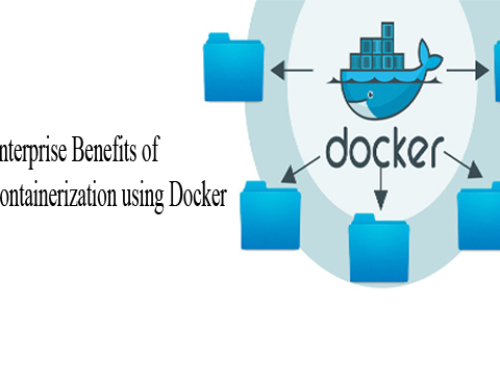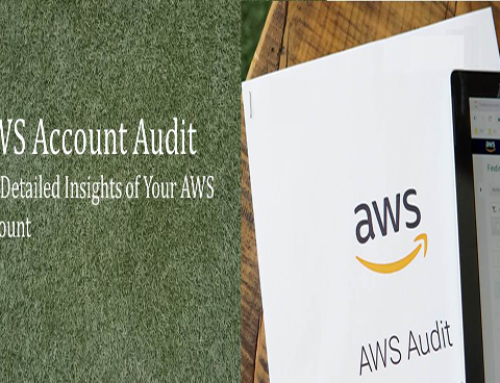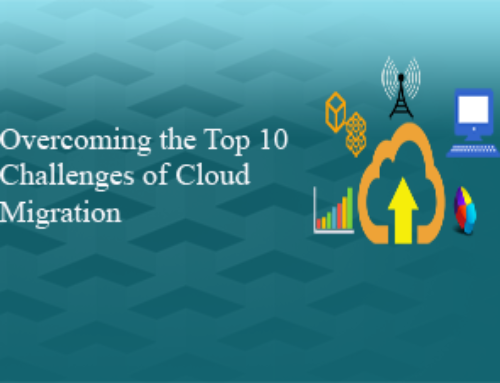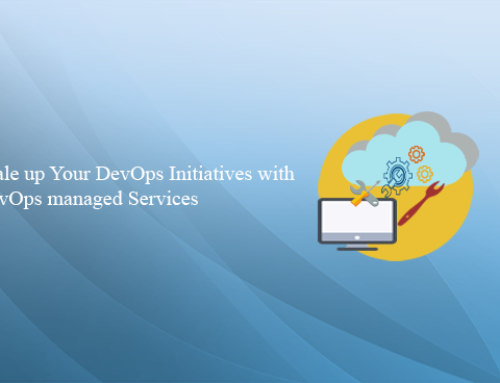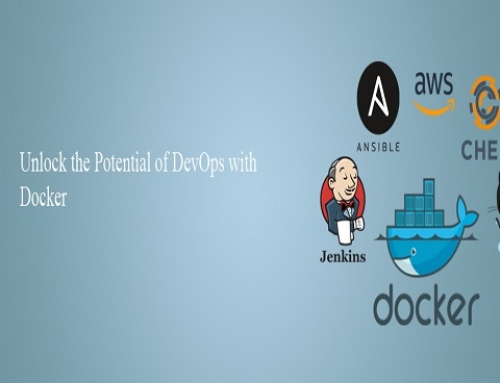
7 Criteria to Select the Right
Managed Cloud Service Provider
For any organization, moving their business to a high-performance cloud environment is not only a critical decision to make but also a daunting task to execute. If you have undergone this revolutionizing process and have made your move to the cloud, then your ideal next step should be to select a compatible Managed Service Provider (MSP).
To select the right managed cloud service provider can be challenging as you need to entrust them with your organization’s critical applications and sensitive data. Hence, it’s extremely necessary to assess the capability and reliability of the service provider.
But before you reach the level of evaluating and choosing the right MSP for your business, it’s important to understand the need for it.
Why do you need a Managed Cloud Service Provider?
Though you have moved to cloud and would know its benefits, but to reap those benefits and getting the most from it is not easy. For this reason you need a Managed Cloud Service Provider.
A MSP’s in-depth expertise and understanding of the cloud environment brings to you a whole lot of benefits like increased efficiency, quick access to skilled resources, reduced risk, improved security and better service levels at a lower cost. For this reason, 65% of the CIOs across the globe prefer to partner with a MSP rather than managing everything in-house.
Partnering with a MSP allows you to focus on your core competencies, innovation & business growth with an assurance of an efficiently managed infrastructure.
If you are looking at supporting your business growth objectives while ensuring a high performing cloud infrastructure in the finite resources you have, then getting the right MSP is the key for you. Here are few guidelines that can help you in making the right choice of selecting a MSP who can manage your cloud efficiently and affordably.
What you need to look for?
In order to realize the benefits of managed services, it’s important that you select the right MSP – one who can add value to your existing capabilities with their skills, processes and resources. While assessing a MSP, evaluating them on these seven criteria will help you in making an informed decision.

1.End-to-end Capabilities
The provider should have the ability to support you through your entire cloud journey—from planning and adoption to monitoring, management and optimization. Depending on your business need and performance demanded, they should be able to suggest the right cloud infrastructure and support it.

2.In-depth domain knowledge and experience
The provider should able to align to your business objectives, understand what you are looking to do and be able to match it up with their technical expertise. Their automated mechanisms and expertise should be able to make it easy for you to deploy, manage and upgrade your software and applications.

3.Performance based SLA’s
The provider should be able to define and provide you with the basic levels of SLA’s as per your business needs. Also, the provider should be able to monitor and manage any changes made to the applications and share the appropriate performance reports which will help you improve your service delivery.

4.Security practices
A MSP’s data backup and retention policies and procedures should be in place and should be able to help you prevent and counter any security threat. The provider should have a business continuity plan and established risk management policies to safeguard the sensitive data.

5.Automated Approach
A provider should have a suite of tools, automated capabilities, and collaboration models to reduce human intervention and improve quality & productivity. They should be able to employ sophisticated back-end technology that can handle migration and ongoing management. Their process management should be able to carry out workload categorization and prioritization, incident escalation and remediation.

6.Customer Support
The MSP should be able to specify the level of support they would be able to provide as part of their SLA. By partnering with the provider who provides a higher degree of support, you will not only be able to remove the hassles for your implementation team but also be able to reduce TCO.

7.Pricing
Though calculating the costs in advance for managing a cloud environment can be extremely difficult but it is advisable to select a vendor who has its pricing plans in place. Receiving a proper estimate of the potential cost can help you manage your budgets and optimize your cloud management process accordingly.
Summary
By having a MSP managing your cloud infrastructure, you can focus on your core business objectives while the provider ensures a security-rich highly available infrastructure.
Sinfosys has demonstrable credentials in all the above parameters and supporting the clients in their cloud journey. For more information on their Managed Cloud Expertise, please visit –https://www.sinfosys.co.in/managed-cloud/

